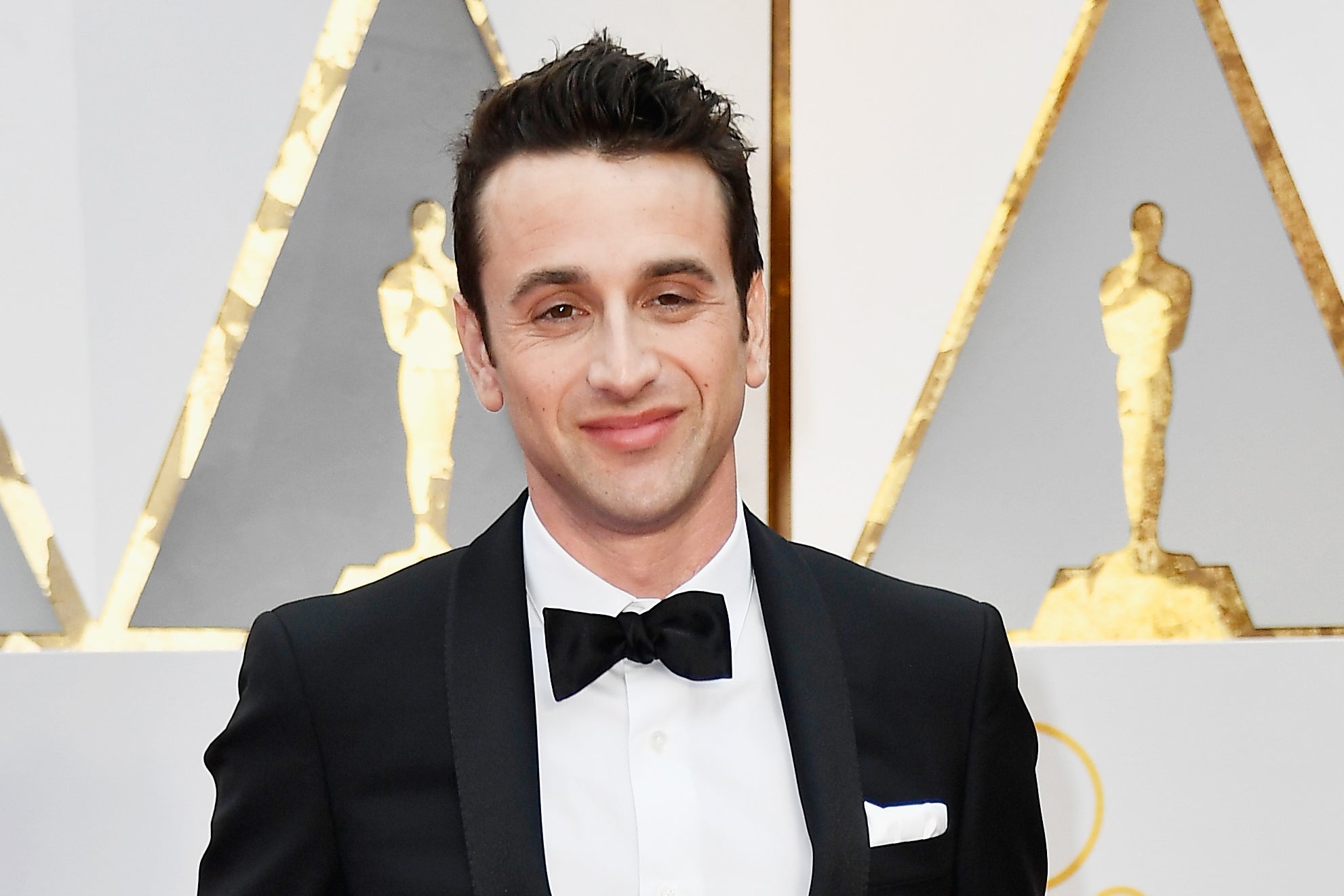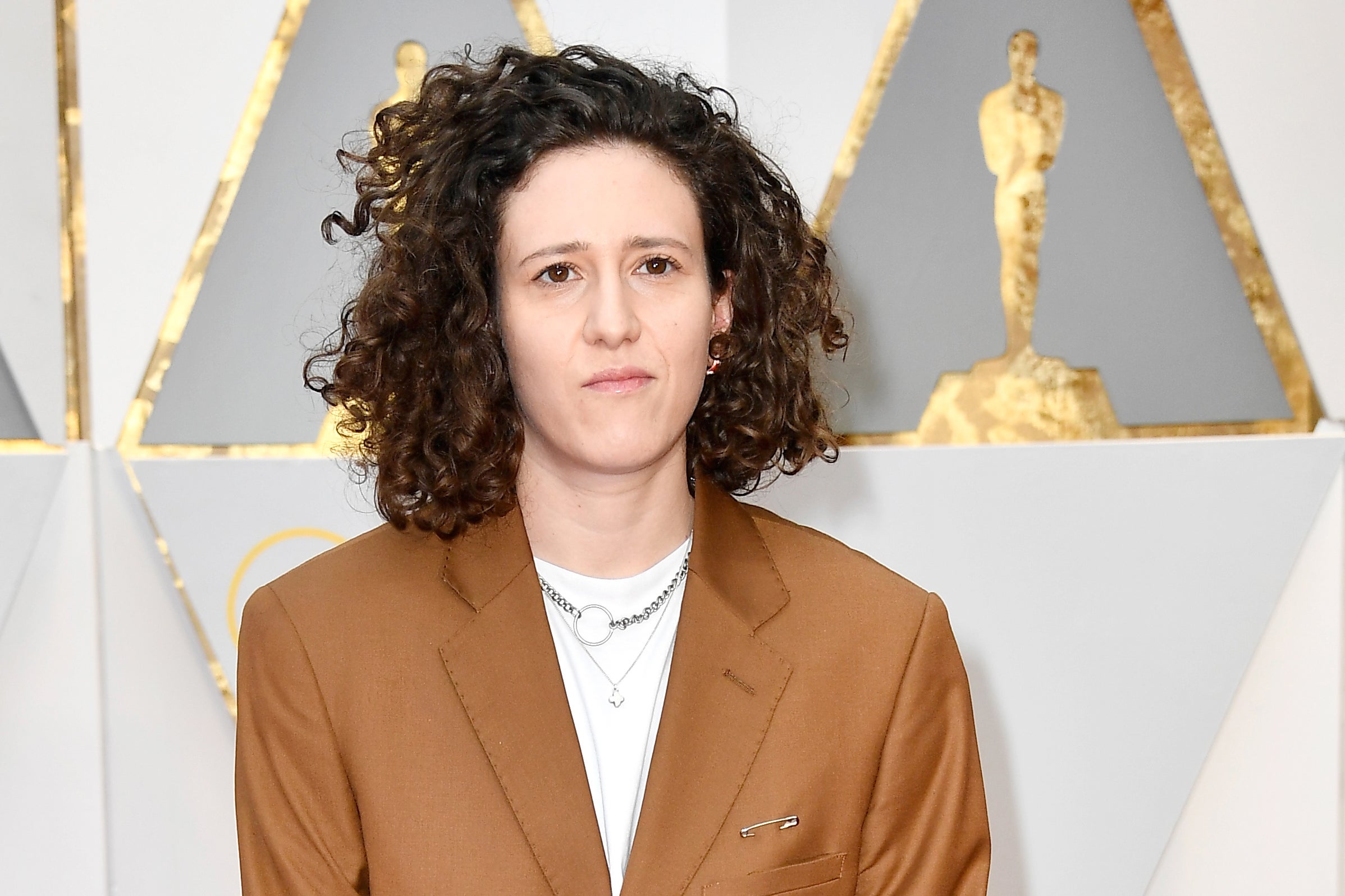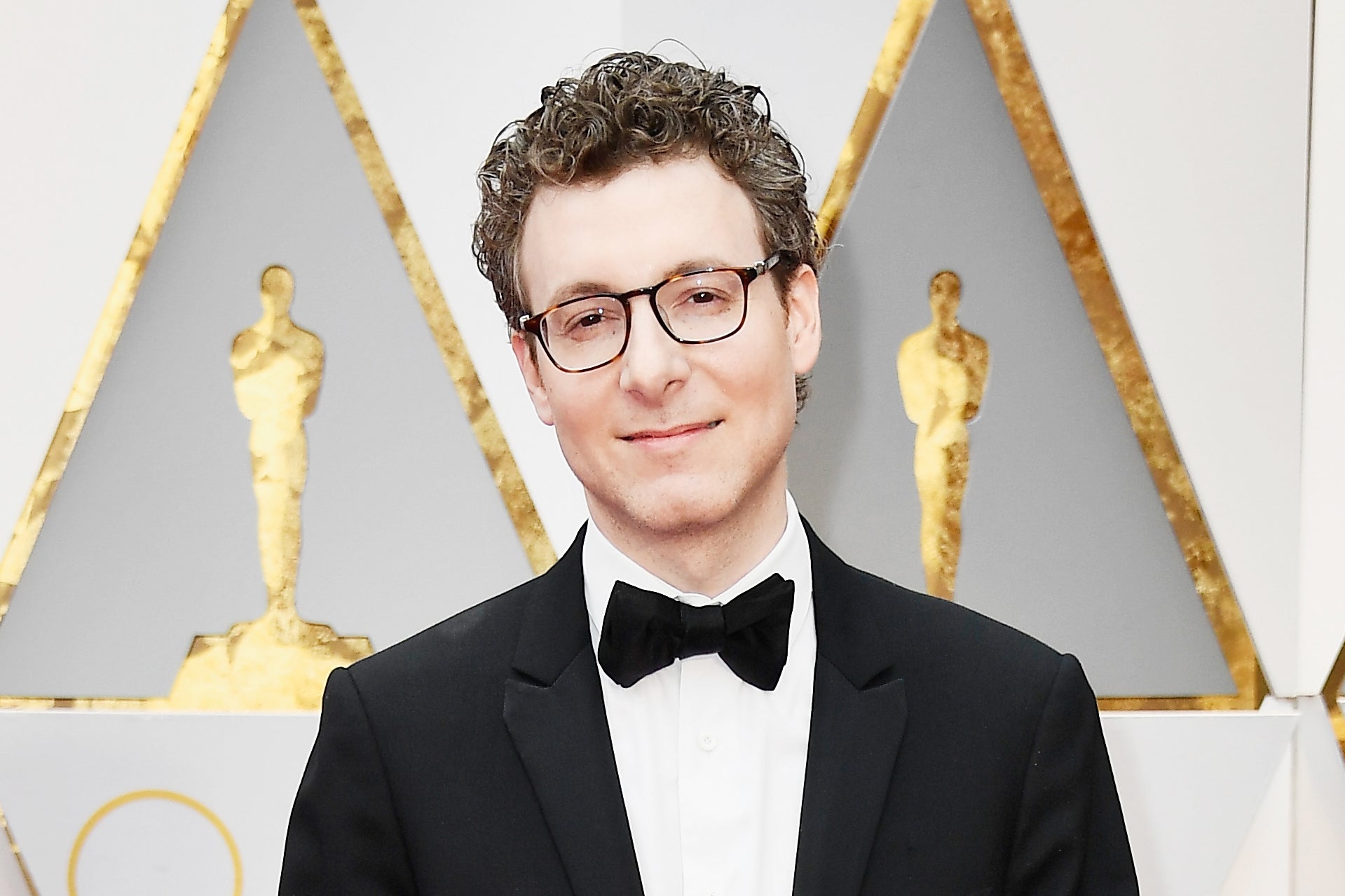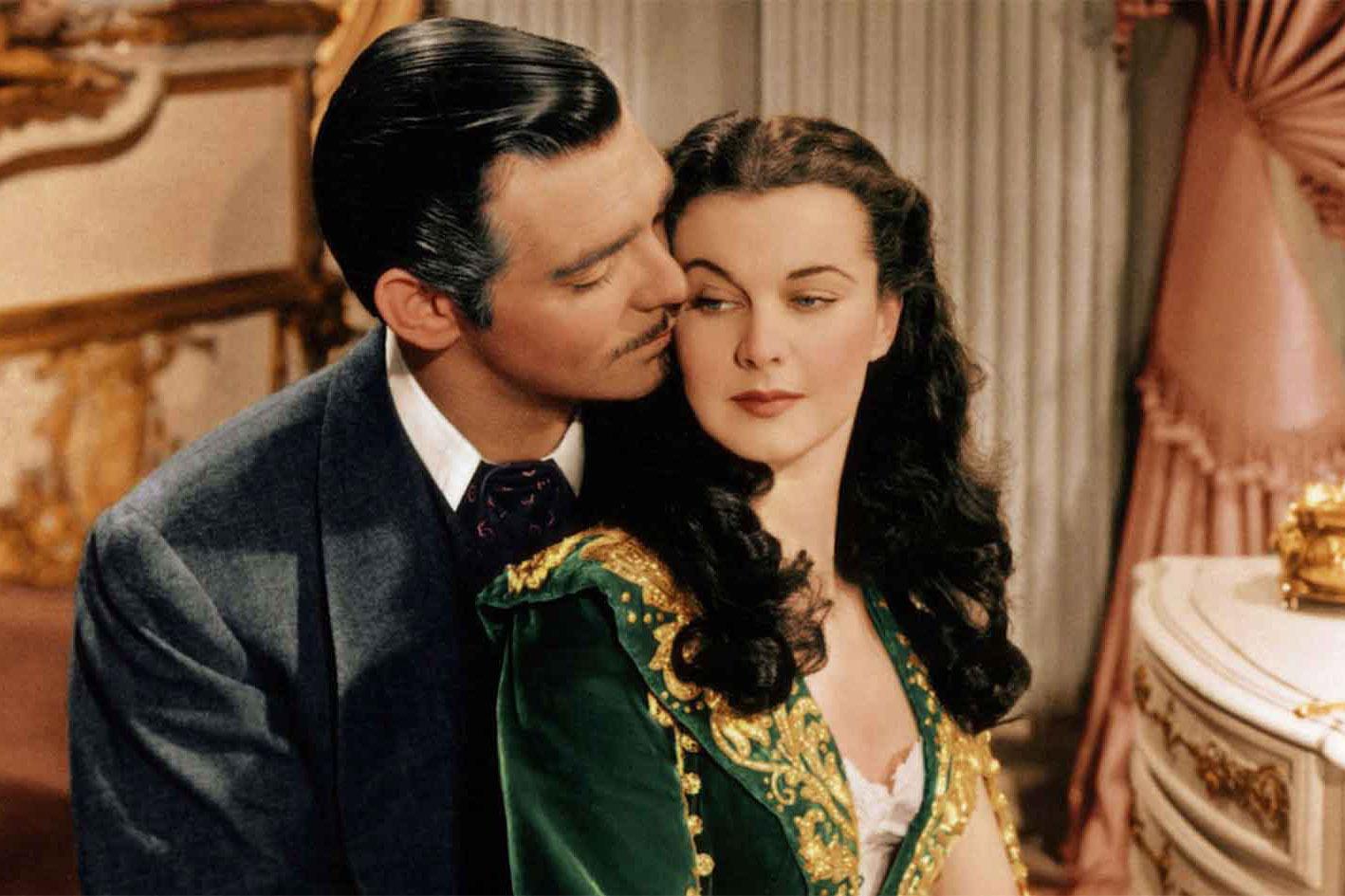How young composers are shaking up the sound of Hollywood film scores
This new wave of composers including Justin Hurwitz (‘La La Land’) and Nicholas Britellis (‘Moonlight’) are emerging partly thanks to young filmmakers entering the field

Film music is only a little more than 100 years old, but that’s long enough for any art form to grow stale. Musically, most trips to the multiplex run together these days, with delights and surprises in short supply. But if this year’s Academy Award nominees for best score are any indication, new blood is beginning to course.
Justin Hurwitz, who won the Oscar, is only 32 – and La La Land was his third score for a feature film. Mica Levi, 30, was nominated for her second feature, Jackie. Moonlight composer Nicholas Britell, 36, scored his first major film in 2015. But it’s not just the relative youth and wetness-behind-the-ears that are noteworthy. These composers, and several others, are shaking up the sound of Hollywood. Film scores are starting to have personality again.
Levi’s score for Jackie, with its in-your-face string slides and jarring, queasy waltzes, was somewhat divisive, but that’s because people took notice. The London native was classically trained, but until recently was best known as Micachu, creator of experimental pop music. She brought her unique background to Chilean director Pablo Larraín’s outsider take on the grieving First Lady.
Larraín was a juror at the Venice Film Festival in 2013 when Levi made her film scoring debut, for Jonathan Glazer’s Under the Skin, an itching, churning aural nightmare for Scarlett Johansson’s seductive alien.

Larraín “pushed the jury committee for an award for Mica, and she got it, because I felt that I was listening to something that was immediately made from a master,” he said last year. “I just thought that it was really something that I had never heard before – and nowadays, that’s something very, very, very hard.”
While the director was editing Jackie, Levi sent him short pieces – music of trauma, of abstraction, and music she just thought Jacqueline Kennedy “might have liked” – and he inserted them in unexpected places, often loudly, to create an overall feeling of disorientation. Film music is often disparaged as emotional wallpaper, but Levi’s scores are main characters.
This new wave of composers is emerging partly thanks to young filmmakers entering the field, often looking to their peers for easy collegiality – as opposed to when a previous generation, led by Steven Spielberg and Martin Scorsese, began making films, and looked to John Williams and Bernard Herrmann for veteran voices.
Hurwitz and director Damien Chazelle went to Harvard, where they played in a band together. That dorm room rapport contributed to their first collaboration, the indie musical Guy and Madeline on a Park Bench, and organically led to their work on Whiplash and La La Land. Music has played an important role in all of their projects, and Hurwitz’s scores have sounded ironically novel by showcasing vintage styles such as jazz and old Hollywood musicals.

Nicholas Britell was a producer on the Whiplash short that preceded Chazelle’s feature, and he even worked on an early La La Land song that didn’t make the cut. The Manhattan-born composer studied to be a concert pianist but instead went to Harvard to study psychology. There, he joined a hip-hop band and made beats on a daily basis.
“We used to always end up at 1am with him playing Gershwin, going into like Snoop Dogg, going into Bach,” recalled classmate Natalie Portman, who in 2015 hired Britell to score her debut feature, A Tale of Love and Darkness. “I think it’s part of his openness that he just appreciates good music from any genre. It doesn’t have to be, like, the canon, you know.”
Film music has often erred into a thick orchestral mayonnaise, but Britell favours intimacy and tactility – just right for Barry Jenkins’s Oscar-winning Moonlight. The composer wrote a fragile violin poem (recorded with a closely miked bow) for the young protagonist, which grew deeper in sound as the character grows older. He applied the southern hip-hop tactic of “chopped and screwed” to slow the music down.
“It was a beautiful thing,” Jenkins said. “I was speaking in a language, and Nick was speaking in another language, but we were saying the same thing quite often. The journey that we took together was invigorating for both of us, because there was always this thing where I’m teaching Nick about chopped and screwed, and he’s teaching me about tremolos and counterpoint.”

All of the above films fall into “indie” or “prestige” genres, and the blockbuster category is still dominated by Hollywood’s old guard. Hans Zimmer, 59, just scored Dunkirk for regular collaborator Christopher Nolan. Danny Elfman, 64, is working on the score for Justice League. Alan Silvestri, 67, has Steven Spielberg’s Ready Player One and Avengers: Infinity War on his plate. The venerable John Williams, 85, is working on the next Star Wars. Michael Giacchino is the youngest genre king at 49, and he brings an old-school, classical Hollywood approach to almost every major modern franchise, from JJ Abrams’s Star Trek films to the recent Spider-Man: Homecoming.
In the beginning, film music was written by concert – or would-be concert – composers, often European, academically steeped in Wagner and Romantic symphonies. The first 50 years of the art form used a symphonic language adapted to the storytelling architecture of cinema (think of Max Steiner’s scores for Gone With the Wind or Casablanca).
Then avant-garde vocabulary began to sneak in. One of the first truly original voices, Bernard Herrmann, reinvented film music with his distinct, minimalist scores for Vertigo and North by Northwest.
Jazz trickled in during the 1950s and 1960s thanks to composers such as Henry Mancini (Breakfast at Tiffany’s), and then rock and roll, with John Barry’s rip-roaring James Bond scores leading the charge. In 1977, John Williams induced the second coming of the symphonic approach with Star Wars, and his style dominated the field for the next two decades.
Then came Hans Zimmer. Preceded by synthesizer wizards such as Giorgio Moroder (who brought a disco attitude to Midnight Express) and Vangelis (Blade Runner), Zimmer introduced his poppy, electronic personality in Rain Man, defined the action movie sound of the Nineties with Crimson Tide, and then swallowed the first part of the 21st century with his influential scores for Ridley Scott (Gladiator) and Christopher Nolan (Inception, The Dark Knight trilogy).

The Zimmer sound – big, bombastic and groove-based – became the model, partly because of its contemporary cool and also because of the commercial, risk-averse nature of the modern Hollywood machine. As Zimmer continued to evolve his sound with scores such as The Thin Red Line and Interstellar, he left an ocean full of pale imitations and sameness in his wake.
Which makes the recent influx of individualistic, and sometimes radical, newcomers so welcome. Composers are emigrating from rock bands – such as Radiohead’s Jonny Greenwood (There Will Be Blood), Nine Inch Nail’s Trent Reznor (Gone Girl and The Social Network) and The National’s Bryce Dessner (The Revenant) – from hip-hop, jazz (see Selma composer Jason Moran), conservatories and from all around the world. Tentpole films might continue to be propped up by old, familiar stakes, but the rest of cinema – not to mention ambitious series on cable and streaming services – is beginning to stir with new life.
There’s still a glaring lack of women getting work, as well as people of colour. A greater diversity of voices in those areas would only infuse more vitality into the art. But with the broadening concept of who gets to score films, and an increasing appetite for new approaches, it might only be a matter of time.
Individuality and diversity lead to surprising film music. Look no further than Levi’s score for Jackie.
“She was doing something that was just different for music, and I guess that’s the key,” Larraín said. “Sometimes people will support a specific idea or emotion with the music, and it will just be the same [as] what we’re looking at. Mica would do something totally different, and then with the image, it would create a third idea.”
© The Washington Post
Join our commenting forum
Join thought-provoking conversations, follow other Independent readers and see their replies
Comments
Bookmark popover
Removed from bookmarks